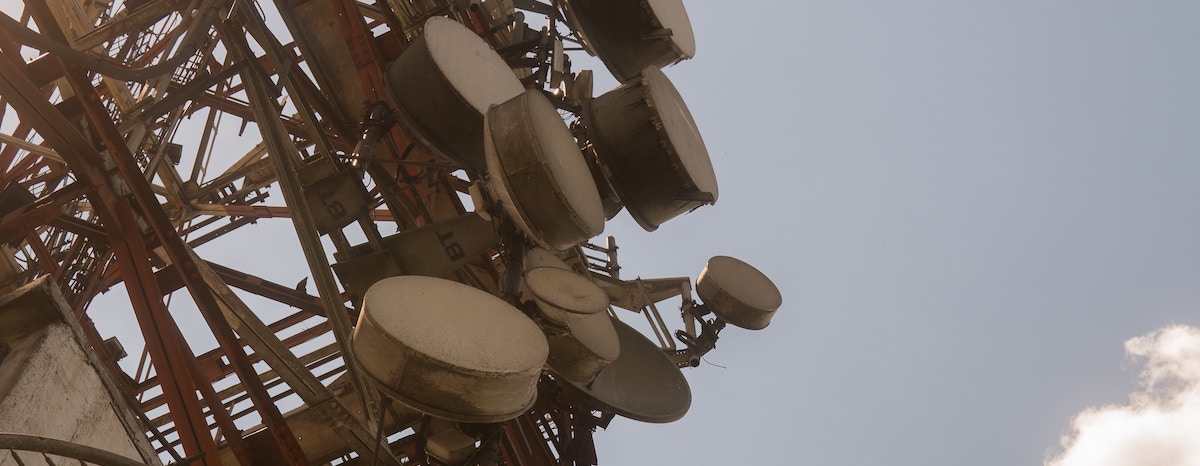In the early 1960s, the BBC was given the opportunity to demonstrate that it had the skills and resources to create localized broadcasting, by organizing a series of experimental stations across the UK. Although the output was not heard publicly, the results were played to the Pilkington Committee on Broadcasting, who were deliberating about the future direction of radio and television. Using archival research, featuring contemporary BBC documents, this paper argues that these experimental stations helped senior managers at the BBC to harness technological innovation with changing attitudes in society and culture, thus enabling them to formulate a strategy that put the BBC in the leading position to launch local radio a few years later in 1967.
.
Photo by Jackson David on Unsplash












